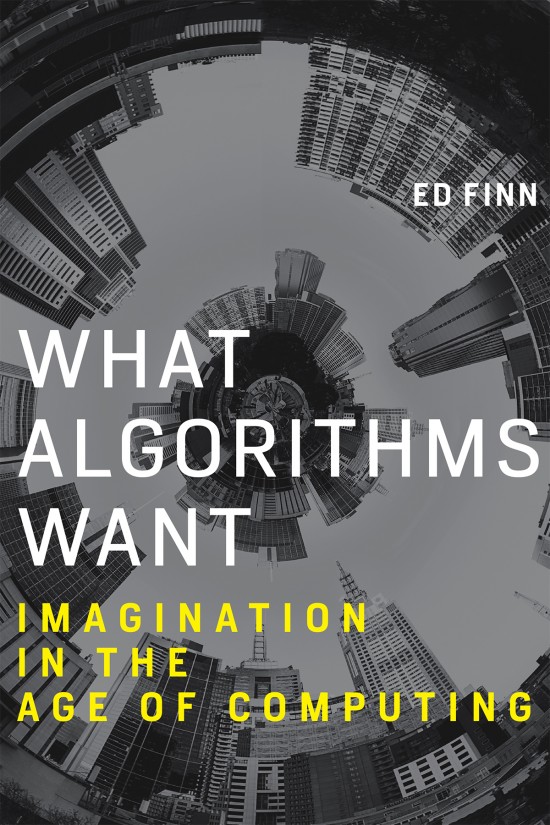It turns out that 2021 was NOT the year of the podcast, or any renewed writing effort on my website. The Pandemic continued to affect all sorts of things, and the Post-Pandemic Ennui has led to a somewhat slow return to a “new normal”. It turns out that both podcasting and online writing take a lot of time and energy, as I have learnt from some of my favourite (and prolific) podcasters such as Dave Tate from EliteFTS, Dan John (already featured on my site), the Stronger by Science team, Pat Flynn, and Iron Culture. For a while, I was feeling a bit down on myself for lack of productivity, until I added up the amount of weekly live content I was “producing” through my teaching, and that ended up being at least 5 hours of material on different topics for around 24 weeks of the year, without counting the many thousands of words of feedback written on assignments. There is a different level of scrutiny from the smaller audiences, but also perhaps greater expectations around content relevance from a captive audience.
I also had ambitions of writing more regularly about the things that I am reading. I am definitely reading a lot, and happily much of my reading has been for leisure – which in turn opens my mind to the way in which fiction can inform psychology in ways that experimental research does not. My main genre of reading has been detective stories, and I will aim to update my reading list to reflect the 100+ books I have read in the past 18 months (Reacher, Bosch, Lincoln Lawyer, Martin Beck, Wallander, Aaron Falk, Rebus, Rutledge). There is something distinctly satisfying in reading a series of books in order of writing and being able to see the evolution of characters, writing, and setting over timeframes that often match my own personal history. For example, some Reacher books were set in areas of New York city at the time I first lived there which gave me strong memories of place and time, whereas the Bosch series was set in LA at a time of my own experience, but in a setting totally unfamiliar to me. I also loved reading books set in Scandinavia and Scotland – very different perspectives on events occurring in my timeline. It has been very interesting to see how detective series offer the opportunity for characters to develop over a full series, but to interact with many different people in different walks of life, thereby offering opportunities for viewing the same situation through many different perspectives simultaneously and providing a forum for social commentary.
Along with reading as an active pursuit to replace mindlessly watching repeats of TV shows, I also returned to attending AFL footy live games and going camping with my relatively new off-road setup (ute and trailer). I certainly need to update the travel side of my blog – but I’ve found that I don’t want to spend time writing on electronic devices while I’m away from my university work.
The balance between writing and doing is something I am still struggling with, but I also need to keep in mind that my blogging role models write and podcast as a major aspect of their own businesses. Similarly, many of the athletes and exercisers that are my role models are much younger than me and probably genetically more gifted in their athletic skills. I use the word “role model” rather than peer because the comparison group against whom I set my aspirational goals are not really my peers at all, but are people who have done some of the things that I aspire to, thereby showing me what it might take to achieve similar things. And universally, people who do things that are amazing in an apparently effortless way, have generally put many, many years of work into developing the skills, expertise and team support that makes things look easy.

At the end of 2022, a time when I often do website updates, I instead did a body update, by having my second total hip replacement, also something I plan to write about, as my own experiences with this surgery have been relentlessly positive and have given me the opportunity to continue an active lifestyle without too much limitation. I am still actively engaged with taekwon-do, lifting weights, boxing, and camping and hope to continue with these activities for the foreseeable future. All of which suggests that I need to decide which things are priorities at which points in my life, and work on realistic timelines.





